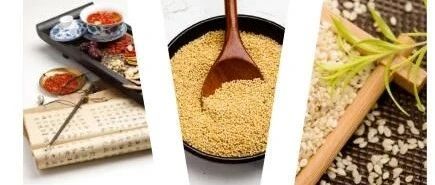01
The dietary culture of the Chinese nation has long been respected and promoted by countries around the world. Traditional Chinese diets are primarily plant-based, with the five grains and legumes as staple foods, providing 70% of caloric intake and 67% of protein from staple grains. Accompanying foods are often fresh, natural products rich in vegetables, along with moderate amounts of fruits, fungi, algae, and a small quantity of meat. The international nutrition community considers this the best dietary structure for preventing “civilization diseases.”
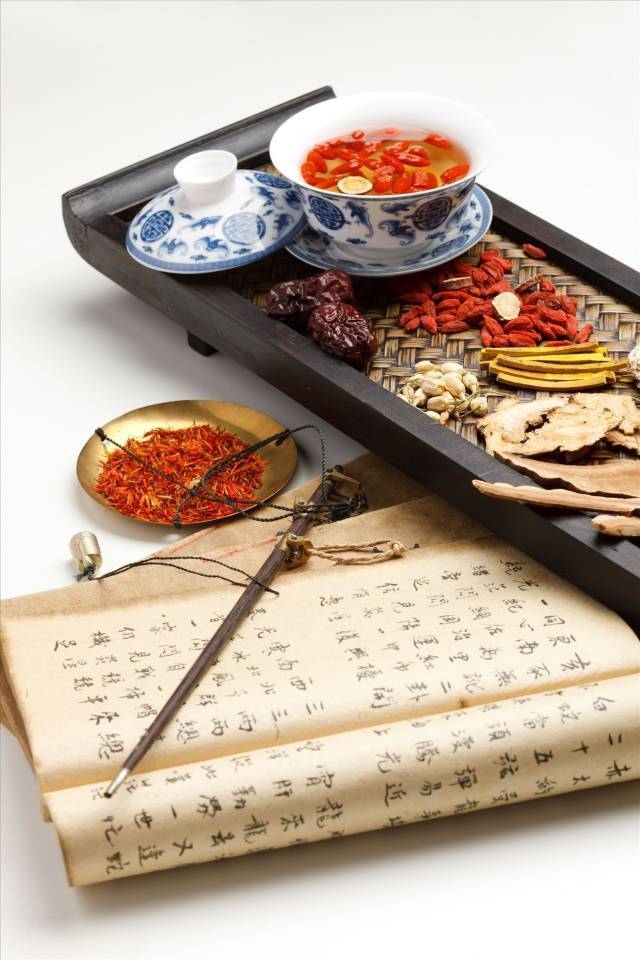
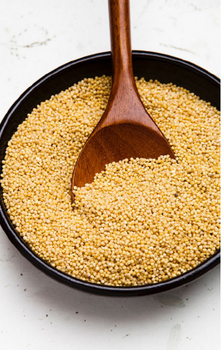
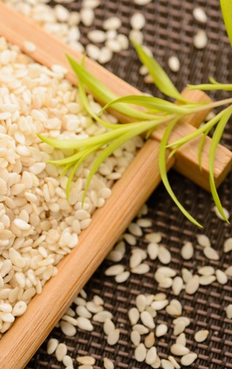
Millet, also known as su (sorghum), was called he (grain) in ancient times, and is the product of hulled millet, with grains approximately 1.5 mm in diameter. Traditional Chinese Medicine (TCM) believes that the more seeds there are, the greater the energy and nourishing power. Therefore, among all things, the five grains are particularly favored, with millet being the best. Millet is also referred to as xiao mi (millet), gu zi (sorghum), and su gu (millet). Millet is sown in spring and harvested in autumn, absorbing the full essence of heaven and earth, and is the fruit of the spleen, nourishing the spleen and stomach.
Every 100g of millet contains 9.7g of protein, 3.5g of fat, 72.8g of carbohydrates, 1515kJ of energy, 29mg of calcium, 240mg of phosphorus, 4.7mg of iron, 0.19mg of carotene, 0.57mg of vitamin B1, 1.12mg of vitamin B2, 1.6mg of niacin, 93.1mg of magnesium, 5.5mg of copper, 9.5mg of manganese, 25mg of zinc, 45mg of selenium, 3.7mg of iodine, and phytoestrogens.
Millet has a sweet and salty taste, is cool in nature, and enters the spleen and stomach meridians with its sweet flavor, while its salty flavor enters the kidney meridian. Its benefits include: 1) Strengthening the spleen and harmonizing the stomach, treating indigestion, diarrhea, and fatigue. 2) Nourishing stomach yin and clearing deficiency heat, treating thirst and hunger due to stomach yin deficiency with heat, as well as diabetes. 3) Benefiting the kidneys and promoting sleep, treating symptoms of urinary difficulty due to kidney damp-heat. Aged millet is bitter and cold, effective for stopping dysentery and alleviating thirst.
A layer of “rice oil” on millet porridge can nourish yin and strengthen the body, used for treating kidney yin deficiency. TCM believes that rice oil can effectively nourish the body, enhance strength, replenish fluids, and its nourishing power surpasses that of cooked rehmannia. High-quality millet is plump, full, and brightly colored; moldy or spoiled millet should not be consumed. Millet should not be eaten in excess with almonds as it may cause vomiting and diarrhea, and those with a weak constitution or frequent clear urination should limit their intake.
Millet is the foremost of the five grains, nourishing the pre-natal essence—spleen and stomach—and the post-natal essence—kidneys, making it an excellent health food. Millet is a popular food item, and organic millet grown without chemical fertilizers and pesticides is the best for dietary therapy.
100g of millet is cooked in a sand pot with an appropriate amount of water, then brown sugar is added and consumed once the millet is cooked. This is used for those with weakness or for replenishing qi and blood after childbirth.
100g of millet, 30g of Chinese yam, 5 jujubes, and 30g of brown sugar are cooked together to make porridge. This can strengthen the spleen and stomach, and benefit qi and blood. It is used to treat diarrhea due to spleen and stomach deficiency and to replenish qi and blood in those with deficiency.
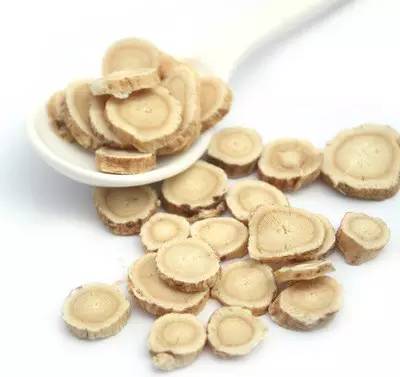 Astragalus
Astragalus
Tonifies qi, stabilizes the exterior, expels toxins, promotes pus discharge, and diuretic, promotes tissue regeneration.
50g of millet, 15 jujubes, and 15g of astragalus are cooked together with an appropriate amount of brown sugar. This is primarily used for postpartum weakness.
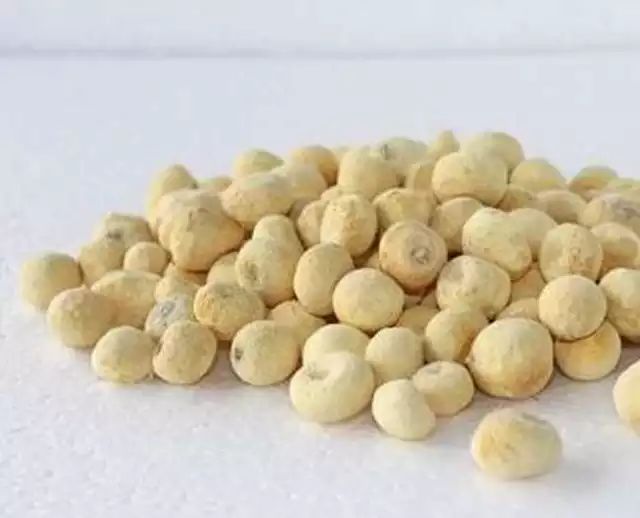 Pinellia
Pinellia
Dries dampness, transforms phlegm, descends rebellious qi, stops vomiting, and disperses clumps.
15g of millet and 4-5g of processed pinellia are decocted in water. This is suitable for insomnia caused by disharmony of the spleen and stomach, especially when general calming herbs are ineffective.
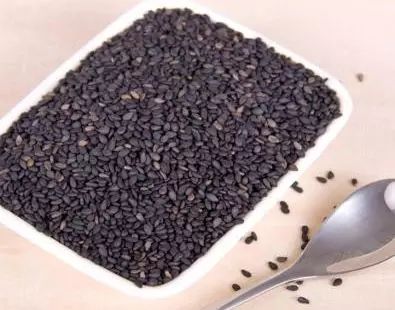 Sesame
Sesame
Benefits the liver and kidneys, nourishes essence and blood, moistens the intestines, and promotes lactation.
500g of millet is ground into flour, roasted until yellow, and 180g of sesame is roasted and crushed. Each time, take 30g of millet flour, 10g of sesame, add sugar to taste, and mix with 300ml of boiled water, taken twice a day.

Editor: Jin Xiaomian

